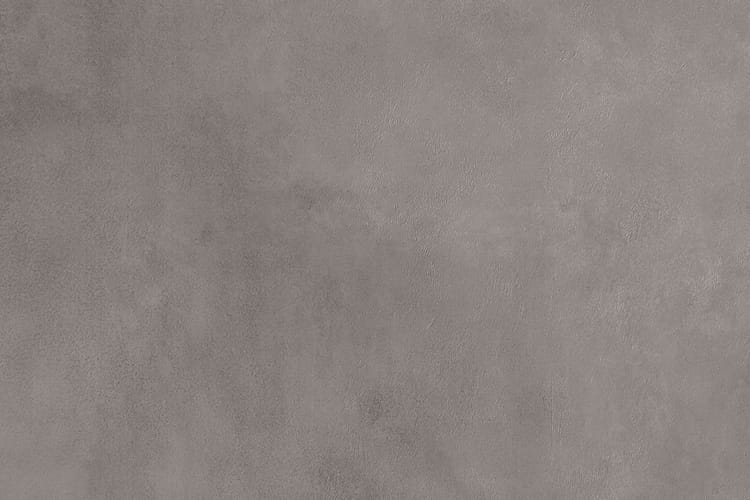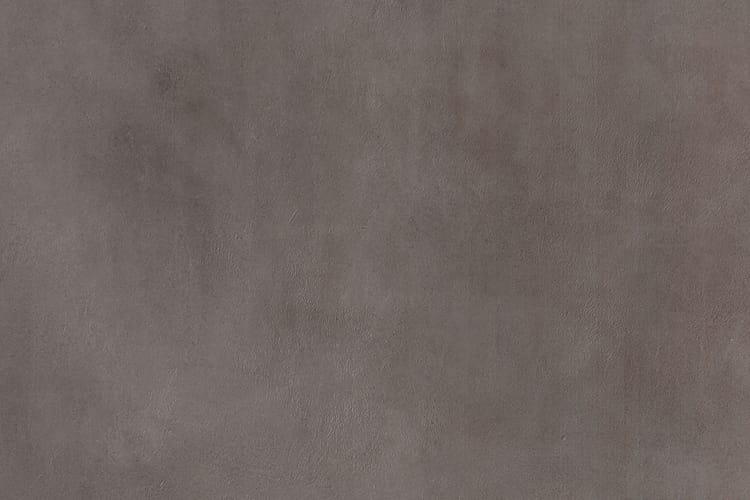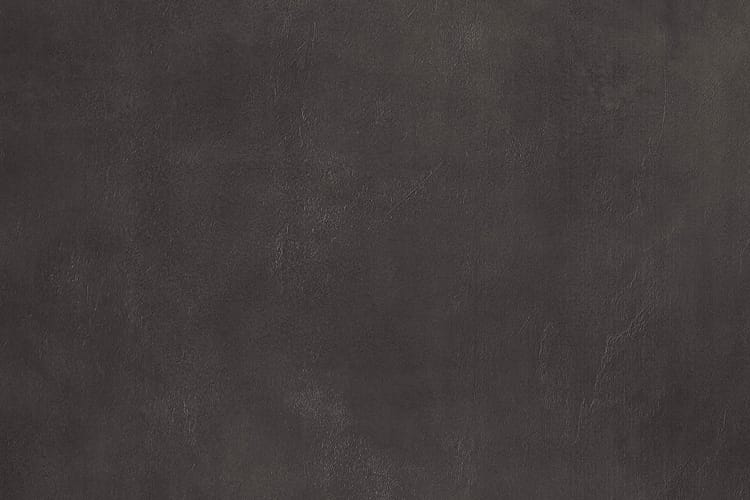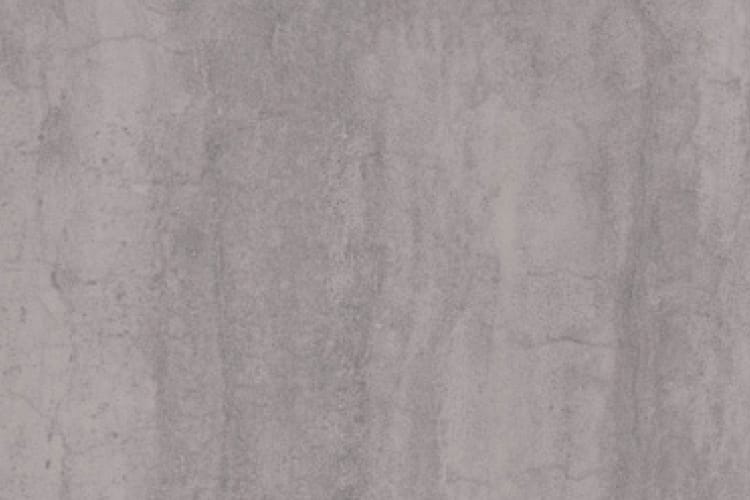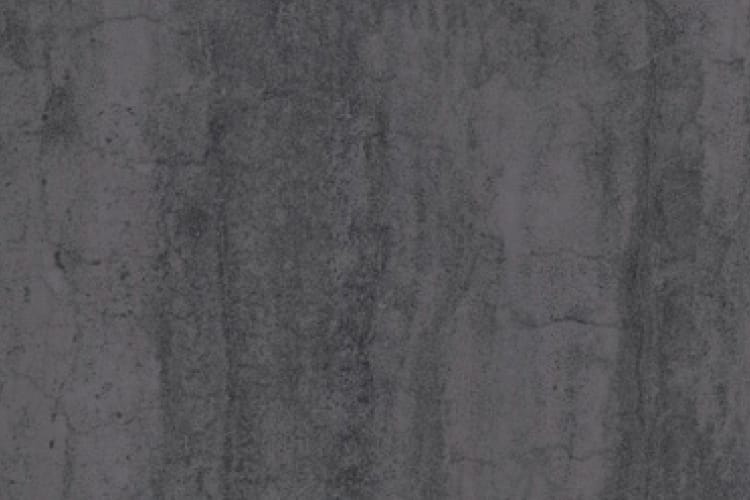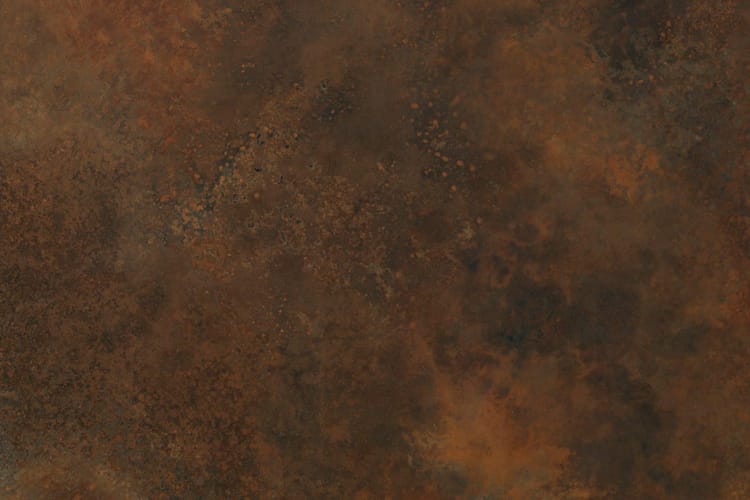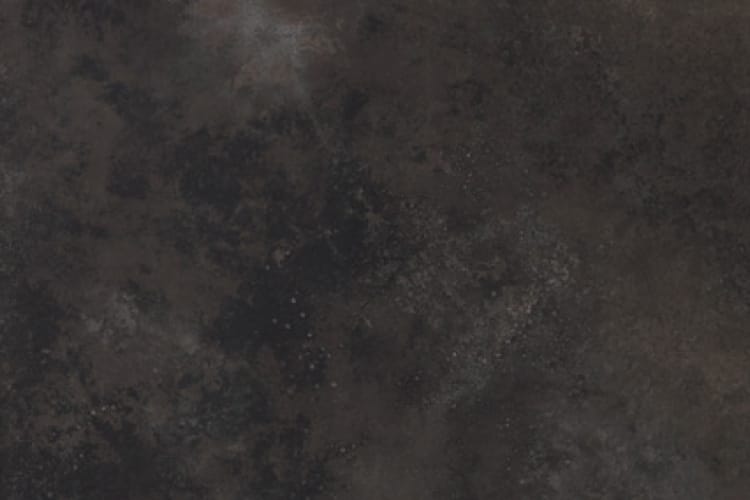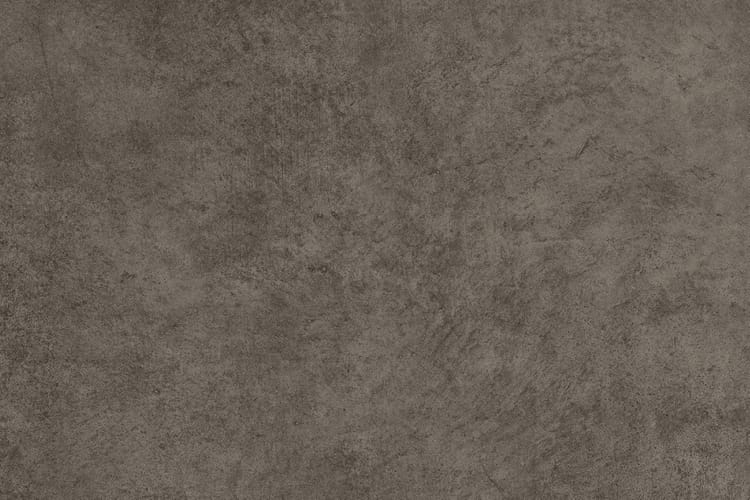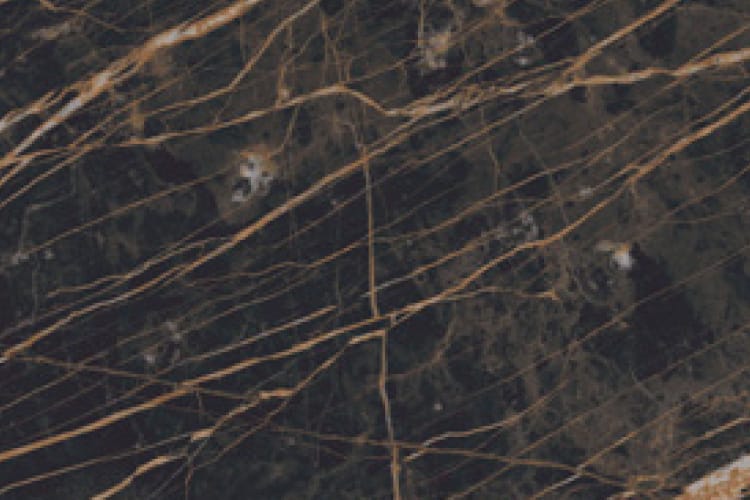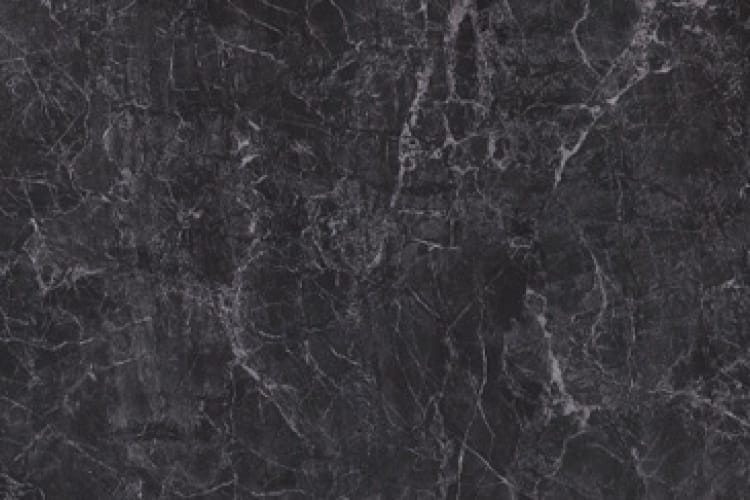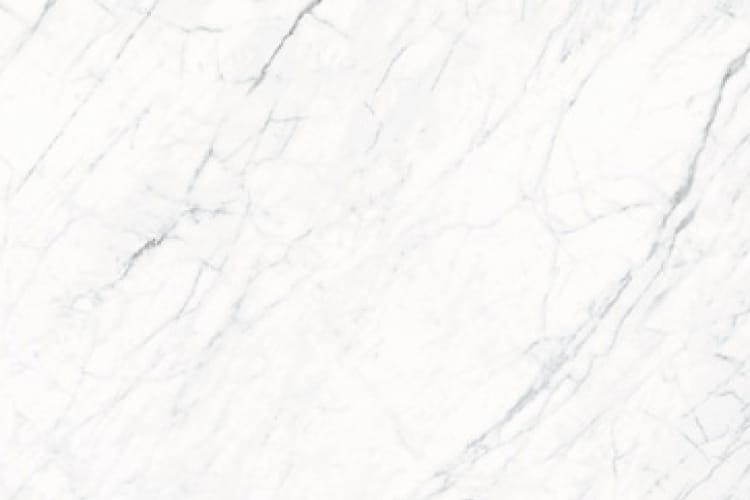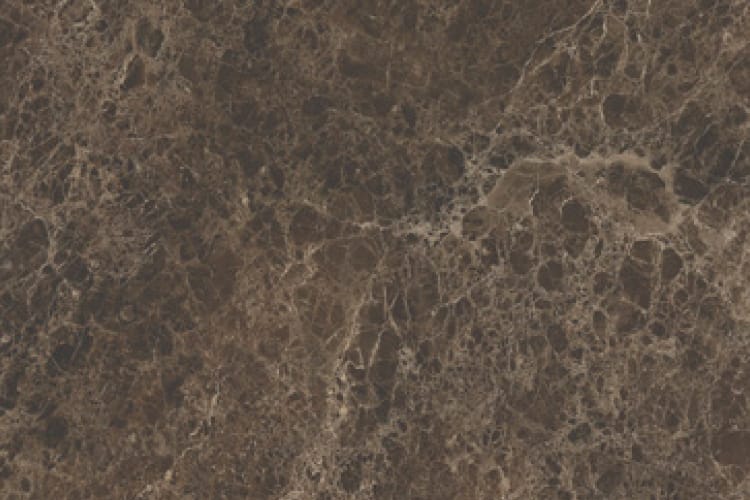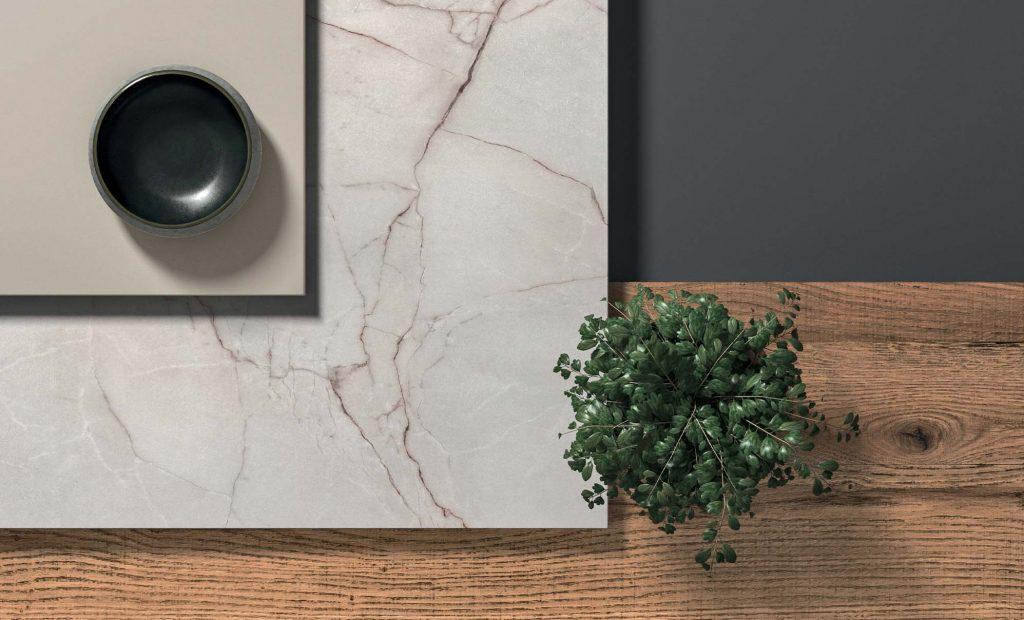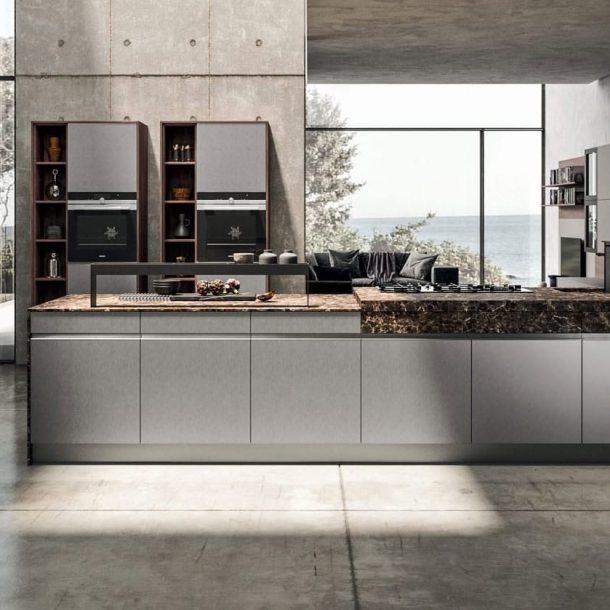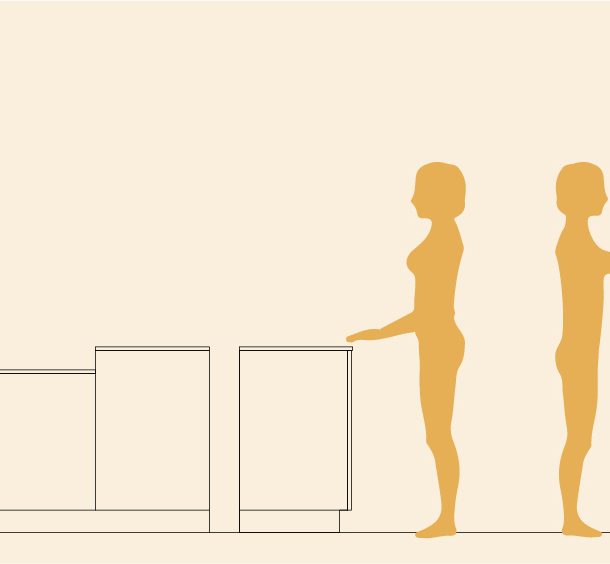
LAMINAM KITCHEN TOPS: REASONS FOR THIS CHOICE
WHAT IS MEANT BY LAMINAM
Gentili Cucine proposes a vast range of materials and finishes and is proud to include slabs in Laminam, a brand whose creation in early 2000 revolutionised the ceramics market by patenting an innovative production technology for large, slim ceramic slabs.
Laminam slabs are made up of 100% porcelain stoneware, a material that has reduced natural porosity, which makes it particularly suitable for contact with food and therefore highly suitable for the surfaces of kitchen tables and tops, worktops, sinks, cabinet doors and walls.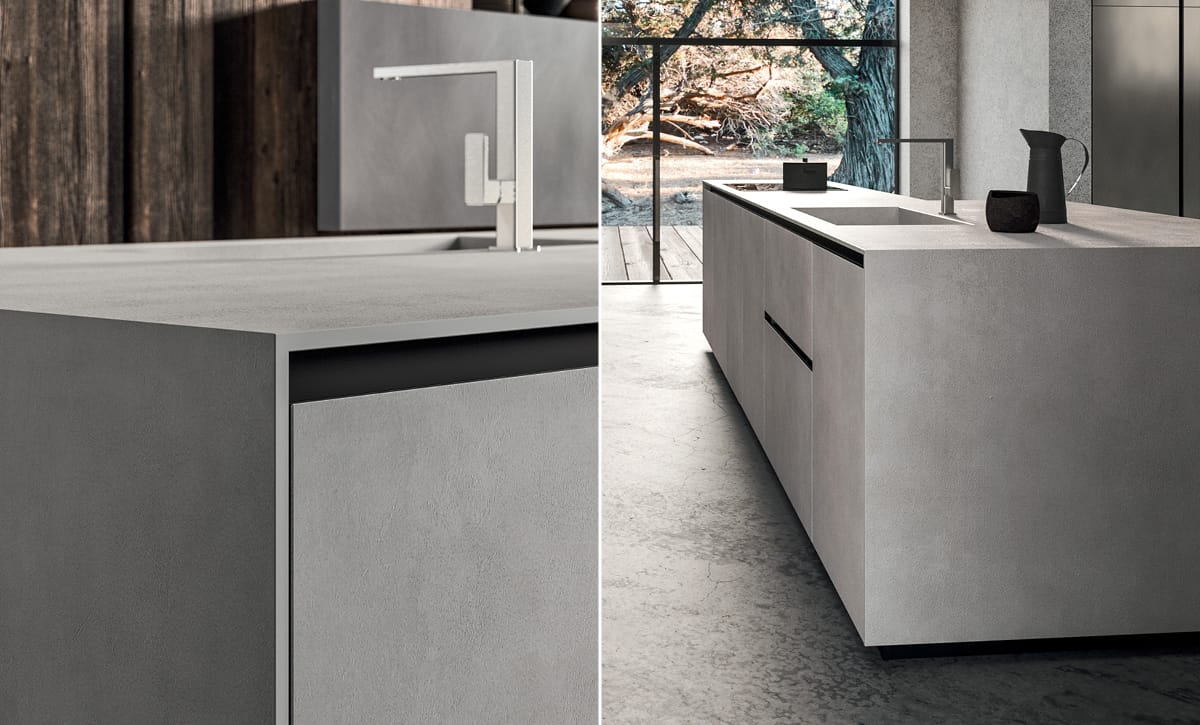
THE ADVANTAGES OF A LAMINAM TOP
In thicknesses of 12 and 20mm, Laminam slabs are an ideal alternative to costly materials such as marble and stone that have high ecological impact.Laminam is a fully eco-compatible and recyclable material with excellent technical characteristics. It is, for example, perfectly flat, extremely lightweight, and resistant to UV rays, chemicals, scratches and deep abrasions such as those caused by contact with metal utensils normally used in the kitchen.
As it lacks organic elements, Laminam is highly resistant to fire and the high temperatures typical of kitchen operations, so that hot pans and dishes can be placed directly onto tops.Furthermore, its exclusive manufacture includes a photocatalyst process that activates passive cleaning. It also features easy maintenance that does not compromise its characteristics even after intensive use.
COLOURS AVAILABLE FOR LAMINAM TOPS
Gentili Cucine provides 18 finishes for Laminam kitchen tops, with thicknesses of 12 or 20mm. These include plain colours such as Absolute White or Absolute Black, nuances like White Limestone, Grey Limestone or Dove Grey Limestone, and patterns that recall marble and natural stone, for example Grey Savoy Stone, Statuary or Emperor Extra. Other colours can be provided, subject to their availability in 12 or 20mm slabs.
HOW TO CLEAN AND MAINTAIN LAMINAM TOPS
Keeping a Laminam kitchen top clean is extremely simple, due to the special characteristics of this material, such as reduced porosity. For the daily cleaning of worktops, just use cloth or soft sponge with warm water and a mild detergent, if necessary, and then dry with a cloth.
Do not use abrasive sponges or aggressive detergents as these may alter the aesthetic and functional properties of kitchen tops.
In the event of stains such as those caused by ink or felt-tip pens, apply a normal solvent-based detergent (nitro thinner, white spirit, TCE…) just to the area involved and then rinse and dry carefully.

